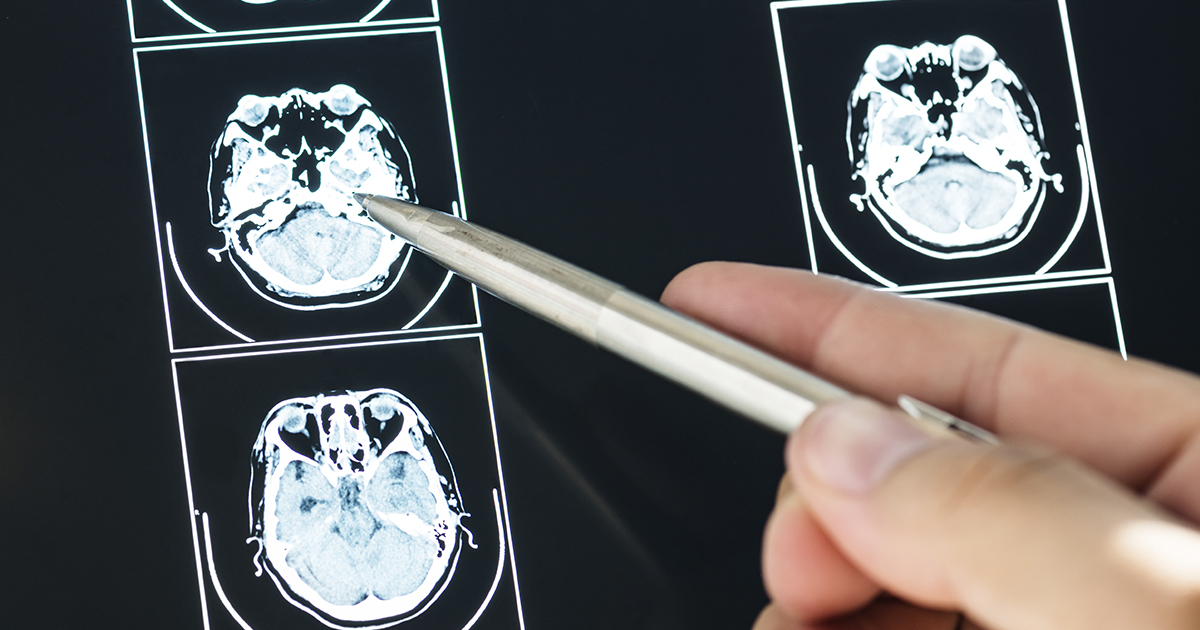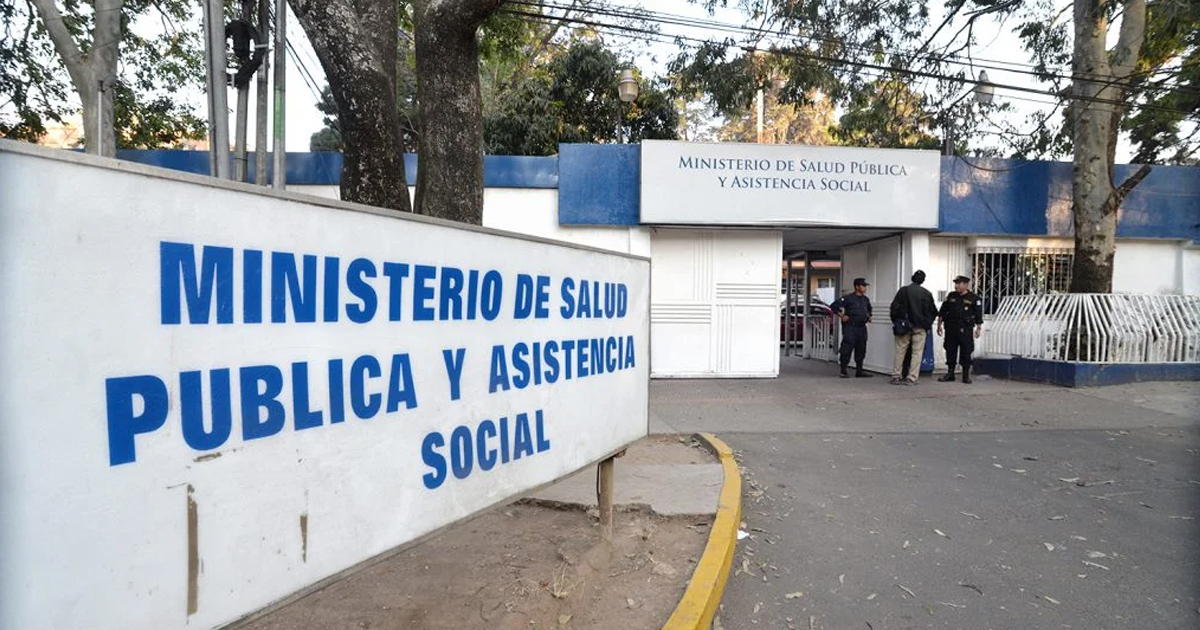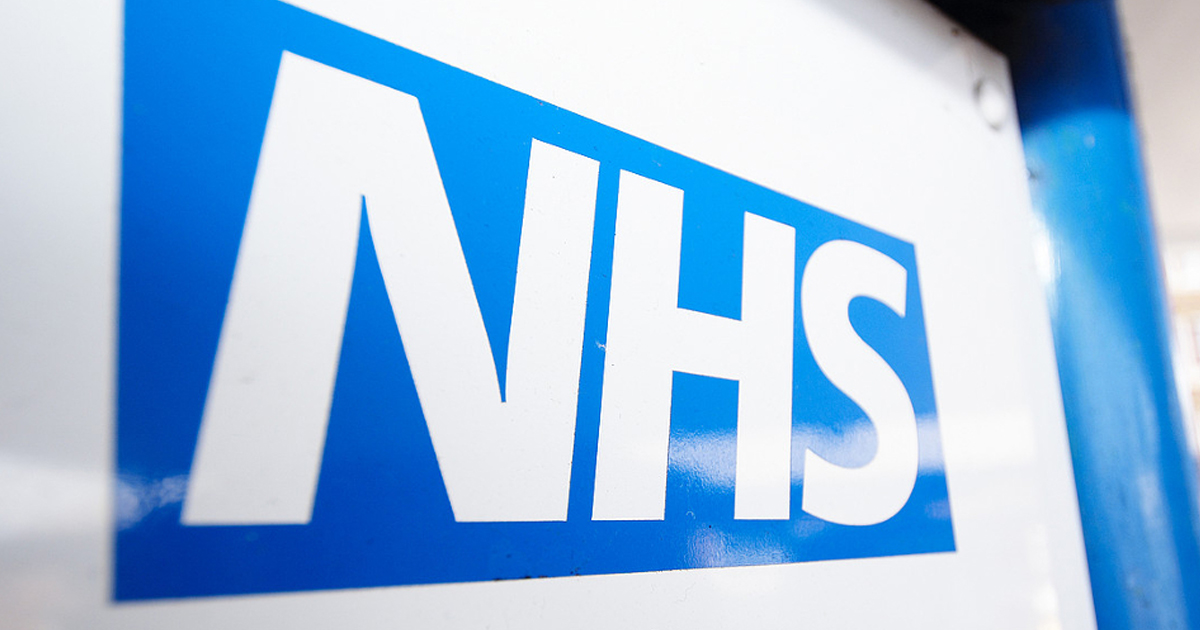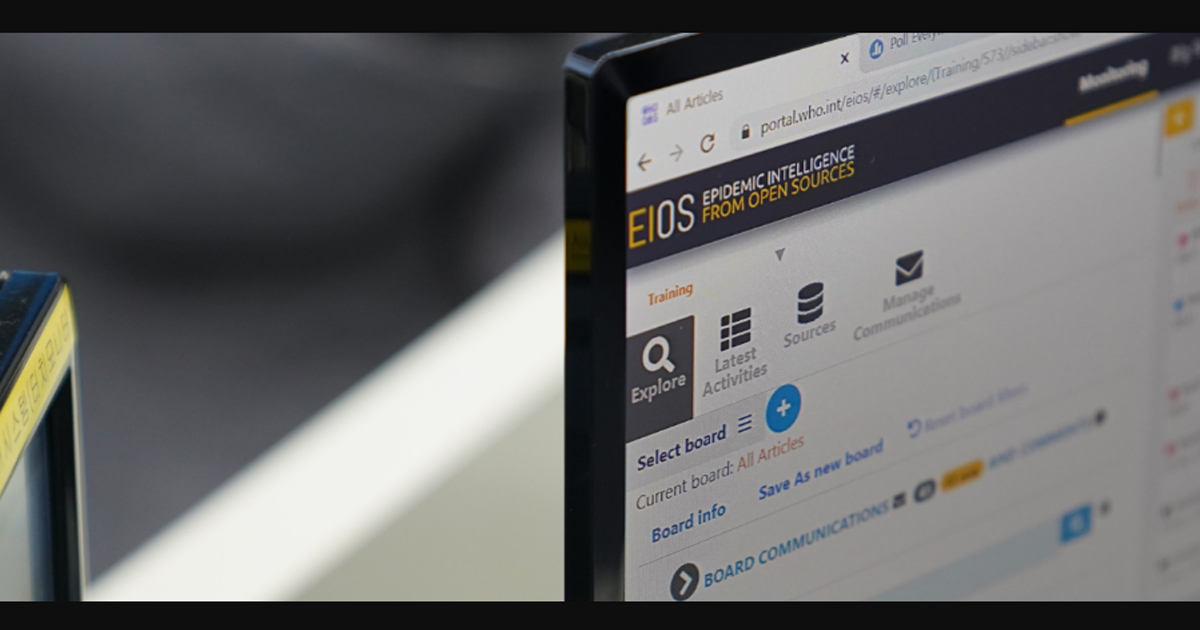According to survey in the US, 67% of consumers would agree to implement a national contact tracing app.
The tools of Contact tracing tools or contact tracinghave been one of the main technologies tools the controlling of infections during the pandemic. This functionality was added to Google and Apple smartphones, as both companies reached an agreement since April to develop an API ((Application Programming Interface) system via Bluetooth, which would allow users through a notification, realize if they had been exposed to the virus, and also provide information anonymously for policy development.
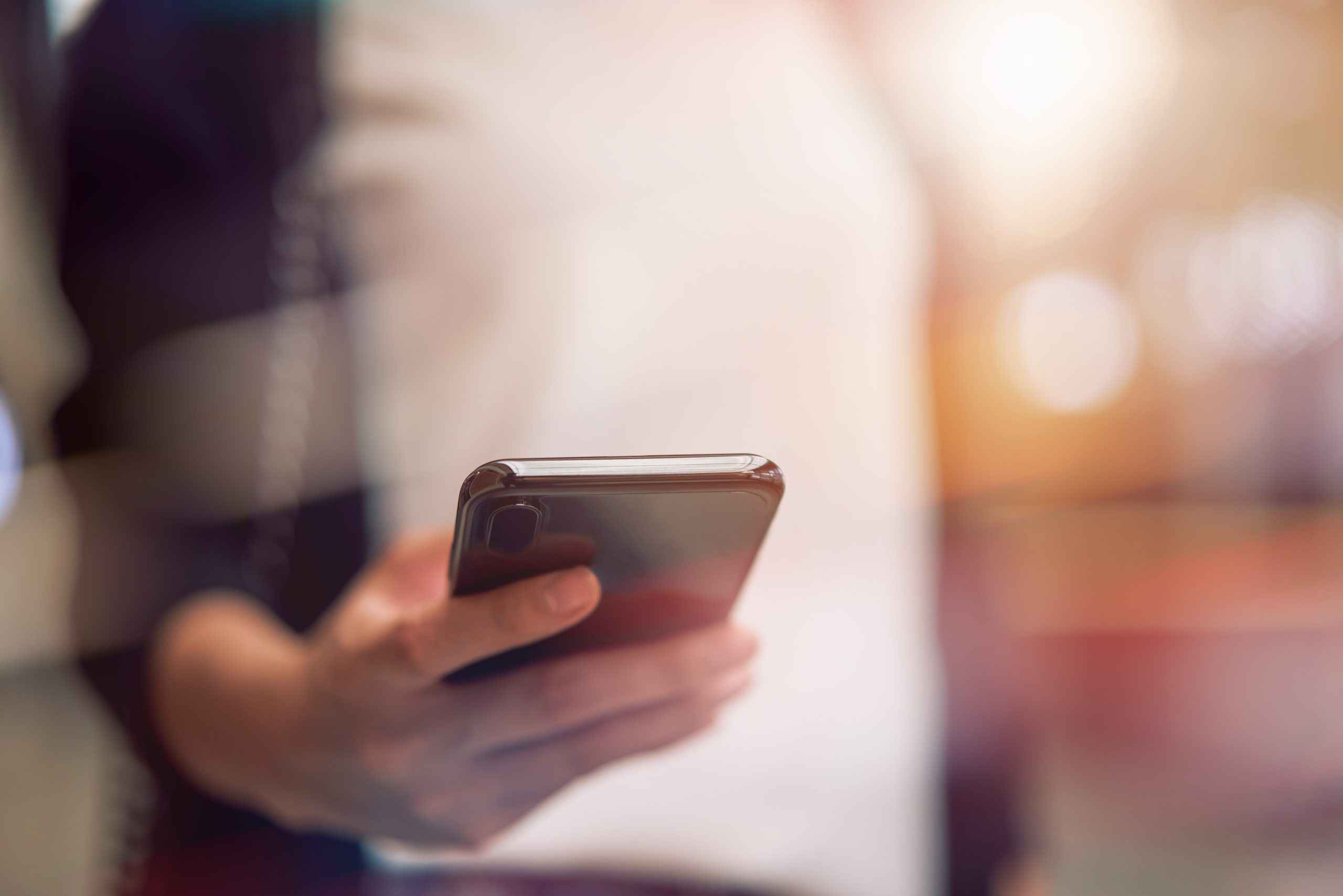
Even the World Health Organization (WHO) supported governments in low- and middle-income countries, for the development of mobile applications based on contact tracing offered by Apple and Google and implemented nationwide.
In addition to such applications and tracking tools, platforms for recording symptoms were also created in patients suspected of COVID-19, such as COVID Symptom Study, which was used in the United Kingdom and the United States. It was used in these countries to detect massive cases through a daily symptom checkup among suspicious patients. It was also one of the tools used for research by King's College London, which was able to determine the main symptoms suffered by patients with positive cases of COVID-19 and thus established a relationship between the most common symptoms and the severity of the developed disease.
Janet Hamilton, executive director of the Council of State and Territorial Epidemiologists, believes it is important for public health to follow the path of these new technologies: “We're in a technology world, and I think for public health to be able to explore these new technologies so that we can provide the best information to people to protect their health is really critical.”
Technology companies that specialize in Digital Health must maintain the protection of users' personal data as a critical feature within their innovations.
A survey conducted by SecureAge Technologyshowed positive results among a group of 580 U.S. consumers and 300 information technology professionals. Within these groups 70% of consumers believe that contact tracing tools would be somewhat or very effective in reducing the spread of COVID-19, while 93% of professionals considered it that way.
In addition, there was a positive response to a potential mass adoption of such technologies among the population, especially if they are supported by large technology companies. Despite efforts in the US, only in the state of Virginia, a pilot with a contact tracing system has been implemented through the app COVIDWISE.
The main concern on the part of users is that the protection of their personal data could be violated from entering a symptom check or contact tracing application. “I think there need to be some communication efforts from the powers that be in order to educate the public about how apps do protect their privacy, especially the decentralized apps,” said Pollyanna Sanderson, policy advisor at the Future of Privacy Forum. “Increased awareness about that would probably increase trust and adoption. But there are apps that are privacy invasive as well, so it's really difficult for consumers who might not be privacy or tech experts.”

